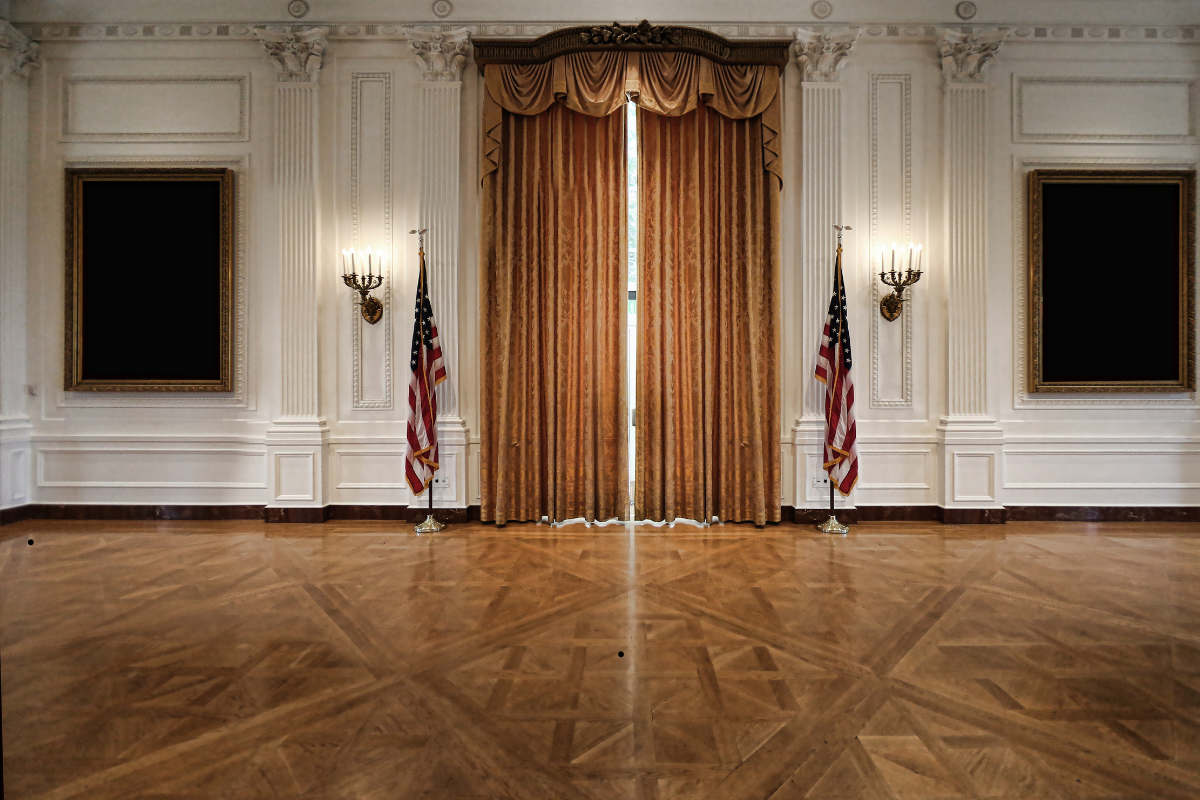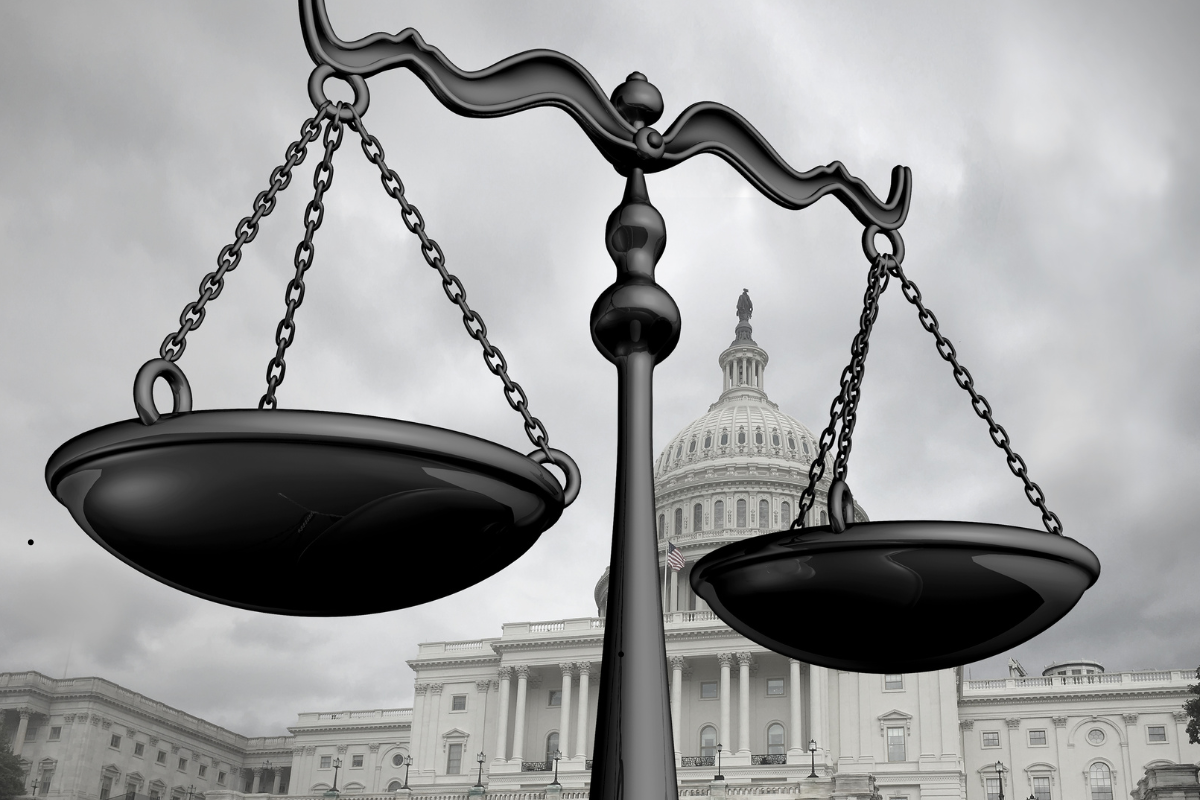James Otis and The Founders
A debate among scholars of our constitutional era concerns both the origins and background of the Constitution, and thus also America itself. The most quoted document in the so-called American founding is the Bible, but frequent reference is made to the Magna Carta, the 13th century British document that placed limits on kingly authority and in many ways became the foundation for our idea of rights. A useful introduction to Magna Carta can be found here. The copy of the text may be found here.
18th century American writers and politicians were deeply familiar with Magna Carta and its provisions, and viewed themselves as inheritors of its privileges and guarantees. Granted, many of the provisions had to be translated from the political context of England’s landed aristocracy into America’s freeholding and more egalitarian context, but Americans could still find much in there in their resistance against the Crown’s arbitrary interference in Colonial affairs that led to an abandonment of these historical guarantees.
An early example of this may be found in James Otis’s “The Rights of the British Colonies Asserted and Proved,” an early and important document that in many ways laid the intellectual groundwork for the impending (but not inevitable) separation from England. Otis carefully balances the natural sociality of human beings, recognizing our mutual dependence on one another, with the right of “every man as he comes of age to chuse what society he will continue to belong to.” Otis is part of a way of thinking that sees political authority not in the mode of “the divine right of kings,” but in the mode of a “compact” made by freely choosing individuals.
While Otis allows for variations in the form of government, he allows for no variations in its purpose: the good of the whole. Any government that violates this principle is liable to overthrow (the revolutionary principle that is articulated in the Declaration of Independence. Otis writes:
The same law of nature and of reason is equally obligatory on a democracy, an aristocracy, and a monarchy: Whenever the administrators, in any of those forms, deviate from truth, justice and equity, they verge towards tyranny, and are to be opposed; and if they prove incorrigible, they will be deposed by the people, if the people are not rendered too abject.
Otis’s essay is one of the finest examples of the influence of Lockean liberalism on the American founding, but also draws our attention to the fact that Locke himself drew upon older traditions of thought.
-Discussion Questions:
One of the big debates in political thinking is whether “rights” exist “in nature” or whether they have developed historically, the complaint being that if they’re historical then they have no universal appeal. How does Otis help us think about this problem?
Otis seems to indicate that any form of government is capable of being either just or unjust. If this is true, then democracy might not always be the best form of government. What would Otis think about our current democracy?
Director of the Ford Leadership Forum, Gerald R. Ford Presidential Foundation
Related Essays




